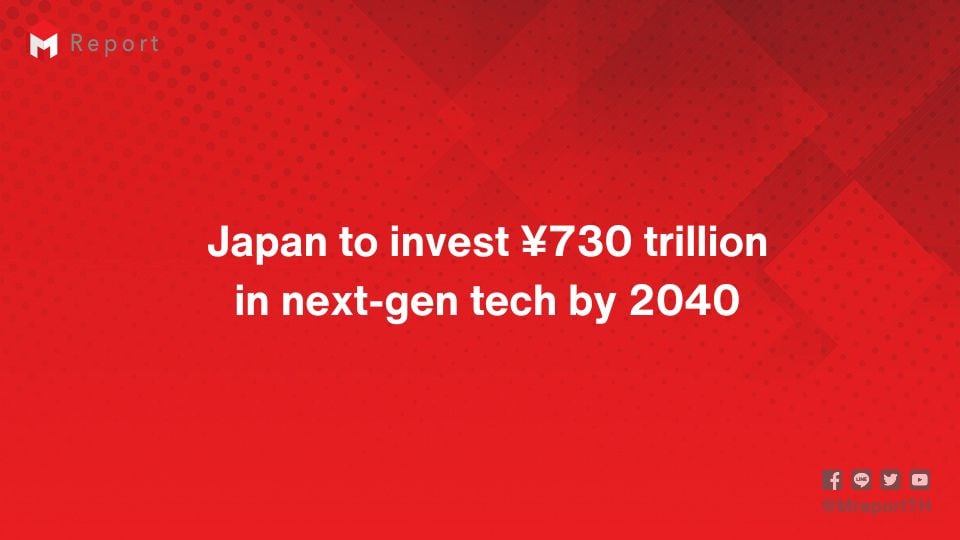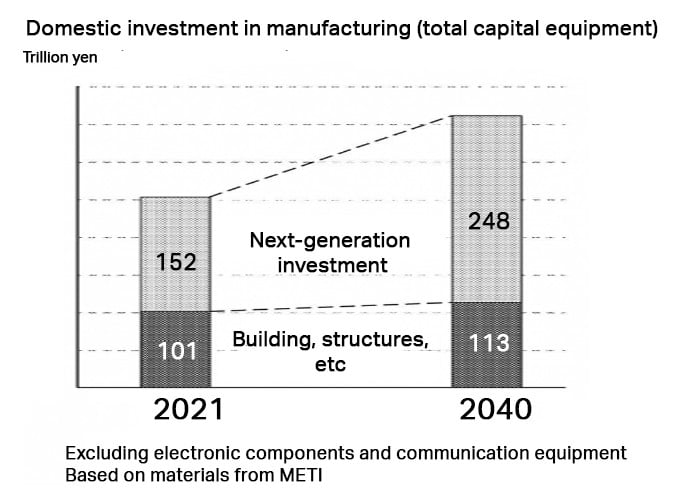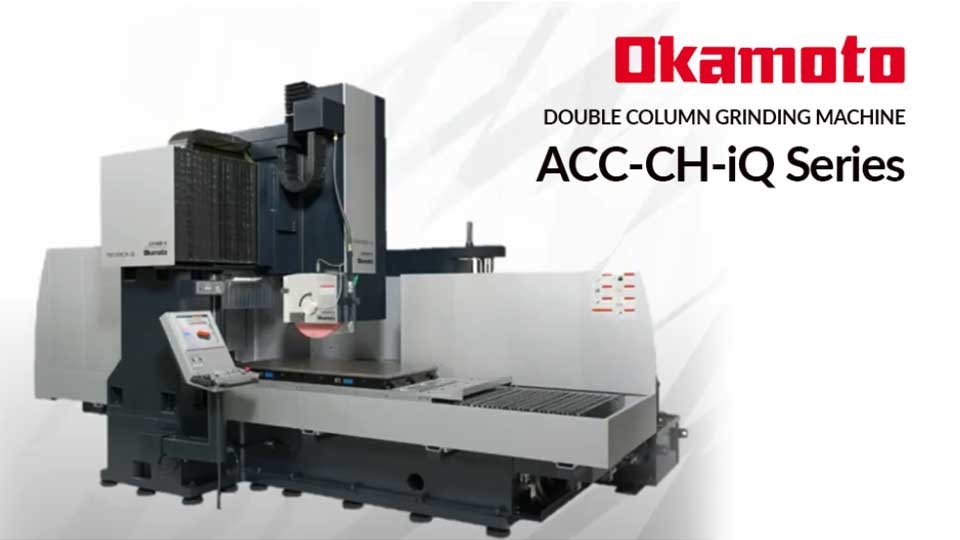
Japan's Next-Generation Investment Forecast to Hit ¥730 Trillion by 2040, Says METI
Mitigating the Impact of Population Decline Through Productivity and Innovation
On April 22, Japan’s Ministry of Economy, Trade and Industry (METI) released its outlook for the country’s industrial structure in 2040. According to the forecast, next-generation investments—comprising research and development, software, robotics, and other intangible assets—are projected to grow by 78% from 2021 levels, reaching a stock base total of ¥730 trillion across all industries.
- Japanese Firms Scale Back China Expansion to 21%
- ASEAN-Japan Collaborate on Next-Generation Vehicle Strategy, with a Roadmap to 2035
The forecast highlights a shift in domestic capital allocation toward high-value-added investments as the country navigates challenges such as a declining population. The expected economic growth will be driven by increased private capital investment and a virtuous cycle of wage growth, offsetting demographic headwinds. Key elements include industrial transformation through green transformation (GX), digital transformation (DX), and enhancements in labor productivity.
The outlook, developed in collaboration with the Research Institute of Economy, Trade and Industry (RIETI), assumes an annual nominal domestic investment growth rate of 4% and a continued upward trend in wages. The report predicts an increased demand for labor-saving technologies and productivity-boosting investments to counter labor shortages.
While traditional investments in infrastructure such as buildings are expected to remain mostly flat compared to 2021, next-generation investments are forecast to expand by approximately 1.8 times. Companies are anticipated to prioritize high-value-added sectors to maintain competitiveness.
In the manufacturing sector (excluding electronic parts and communication equipment), investment in research and development is projected to grow by 42.6% to ¥97 trillion by 2040, while investments in machinery and equipment are expected to rise by 57.4% to ¥107 trillion.
METI also anticipates a structural shift in manufacturing, driven by services enabled by digital transformation and strategies rooted in green transformation. Alongside Japan’s traditional focus on quality and production volume, the government aims to enhance competitiveness, increase production and export values, and raise wages to industry-wide averages.
One of the underlying reasons for METI’s focus on high added value is Japan’s deteriorating terms of trade. Over the past 30 years, import prices have surged while export prices have declined. To reverse this trend—importing expensive resources and exporting lower-value goods—Japan must pursue growth investments that generate higher added value. Boosting labor productivity and improving trade conditions are seen as crucial strategies for sustainably raising real wages.

#METI #JapanEconomy #Investment #GreenTransformation #DigitalTransformation #MReportTH #IndustryNews
Source: Nikkan Kogyo Shimbun
อัปเดตข่าวทุกวันที่นี่ www.mreport.co.th
Line / Facebook / X / YouTube @MreportTH






